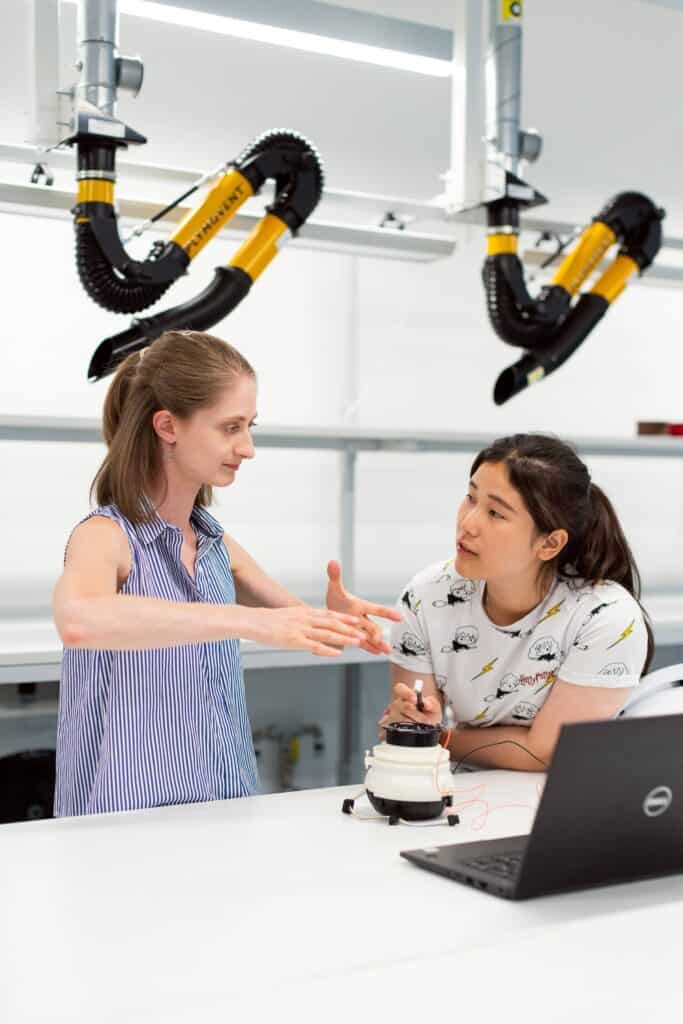CaSE letter on academic diplomas published in TES
02 Nov 2007
The announcement of new academic diplomas may be politically useful in encouraging universities and employers to accept vocational ones. It is less clear how useful academic diplomas will be in advancing education – particularly science education.
The fall-out of similar upheavals – the introduction of combined science GCSEs in 1990 and of AS-levels in Curriculum 2000, had extremely negative consequences for the study of science.
Expanding the diploma programme before it has even started in most schools is typical of this government and mirrors the premature rolling-out of the new GCSE science curricula after just one year of piloting.
In practical terms, the complexity of schools working in consortia with employers to provide 17 qualifications at three levels is mind-boggling.
Science diplomas may encourage a broader science and maths background prior to university, but at the cost of fewer students. Evidence, rather than political motives, should drive decisions about science teaching.
Dr Hilary Leevers, Acting Director

Related resources

CaSE’s look at the UK Government’s plans for Further and Higher Education in England in the post-16 Education and Skills white paper.

Recent work by CaSE shows how supportive voices can talk about immigration for the UK R&D sector in a way that resonates with the public.

In this briefing CaSE has collated insights from 15 research organisations demonstrating the barriers they face in the UK visa system.

CaSE has taken a look at what the latest numbers of students taking A-levels, GCSEs, Scottish Highers and Advanced Highers in STEM-related subjects means for ongoing trends in STEM education.